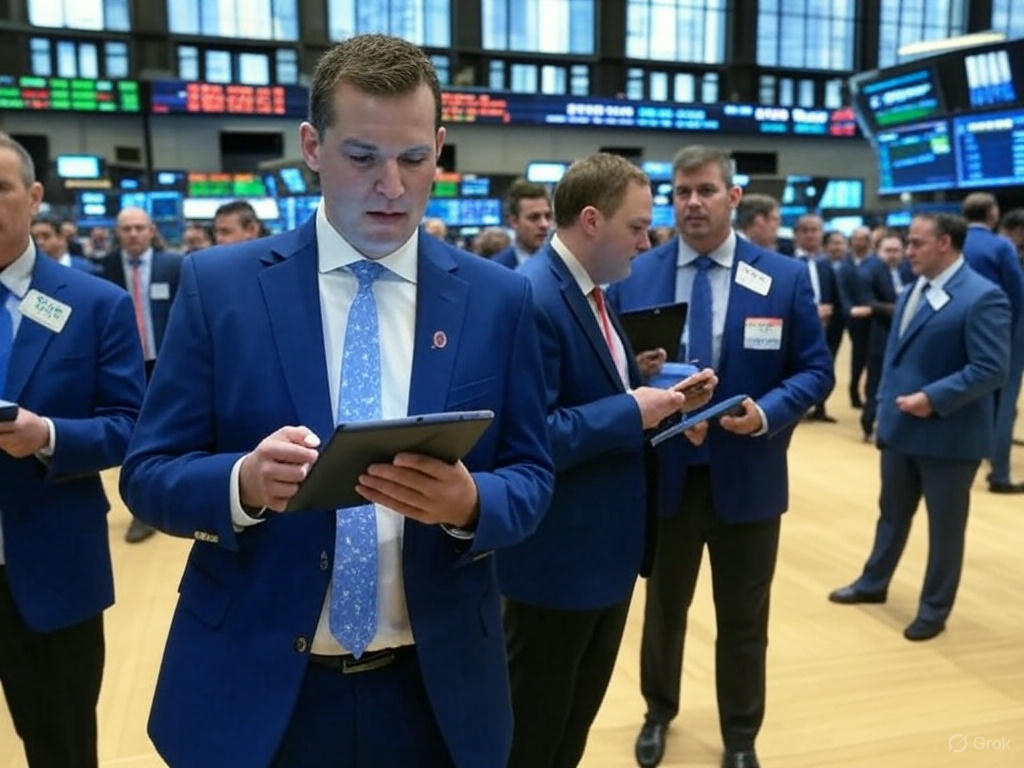Cryptocurrency has revolutionized finance, offering decentralized alternatives to traditional banking. However, its rapid growth has also attracted scammers, misleading marketing, and financial pitfalls, often exacerbated by celebrity endorsements. A recent incident involving internet personality Hailey Welch, known as the “Hawk Tuah Girl,” underscores the risks associated with blindly following crypto influencers.

Haliey Welch, known as ‘hawk tuah girl.
The $HAWK Meme Coin Scandal
Hailey Welch found herself at the center of controversy after promoting the $HAWK memecoin, which lost over 90% of its value shortly after launch. Investors flocked to the coin, lured by Welch’s internet fame, only to find themselves victims of what appeared to be a classic “rug pull.” During a live discussion on X (formerly Twitter), Welch abruptly ended the session when faced with tough questions about tokenomics and allegations of insider trading. Her response—”I’m going to bed”—left participants frustrated and distrustful.
The Allure and Danger of Meme Coins
Meme coins, often hyped for their novelty or association with influencers, are high-risk investments. While some, like Dogecoin, achieve mainstream success, most lack real utility or value, making them susceptible to manipulation. The Hawk Tuah coin case serves as a stark reminder of the potential for fraud in this unregulated market.
Why Do People Fall for Celebrity-Endorsed Coins?
- Trust in Public Figures: Influencers wield significant power over their audiences. Many followers mistakenly believe that celebrities thoroughly vet the products they endorse, including cryptocurrencies.
- FOMO (Fear of Missing Out): Rapid gains in other coins drive speculative behavior, with investors hoping to replicate early adopters’ successes.
- Lack of Due Diligence: Many investors overlook the need for research, relying solely on marketing and endorsements.
Consequences and Lessons Learned
Welch’s silence post-scandal, including a lack of updates on her social media platforms, has only fueled skepticism. Many speculate that she was either complicit in or unaware of the coin’s fraudulent nature. Regardless, the incident highlights broader issues of accountability and transparency in cryptocurrency promotions.
Key takeaways for investors include:
- Verify before you buy: Research tokenomics, project teams, and market history before investing in any coin.
- Beware of pump-and-dump schemes: If a coin relies heavily on celebrity hype, it’s a red flag.
- Understand the market: High volatility and lack of regulation make cryptocurrencies inherently risky.
Regulatory Gaps in Crypto Endorsements
The Hawk Tuah case also shines a light on the need for stricter regulations. Many countries, including the U.S., are moving toward holding influencers accountable for endorsing fraudulent products. However, enforcement remains inconsistent, allowing scams to proliferate.
Final Thoughts
The rise and fall of $HAWK exemplify the dangers of speculative investments in unregulated markets. As cryptocurrency continues to evolve, so must investor education and regulatory oversight. The Hawk Tuah debacle is a lesson in skepticism—never let celebrity hype cloud sound judgment.
Investors should remember that in crypto, as in all financial ventures, “if it sounds too good to be true, it probably is.




